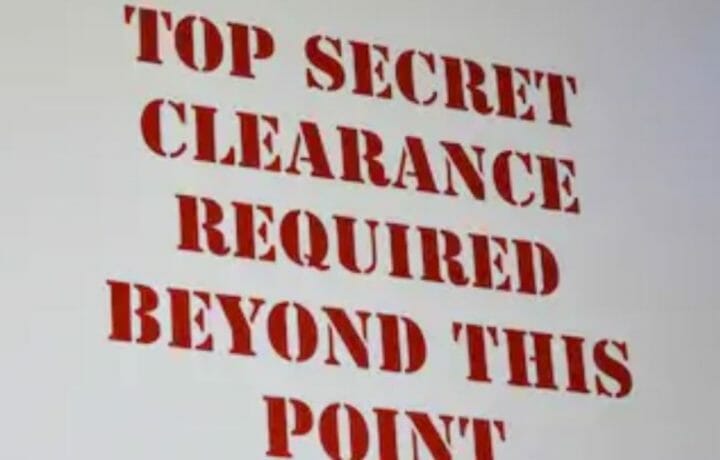While government and cybersecurity companies are increasingly partnering with colleges and universities, some are beginning to worry many new graduates may not obtain the security clearance needed to work in government cybersecurity positions.
Most students that graduate with bachelor’s degrees in the science, technology, engineering and math fields involved in cybersecurity are U.S. citizens that can most likely obtain clearance. However, for the upper degree levels, the percentage of foreign students on visas increases to about one third of master’s graduates and half of all Ph.D. graduates in these fields, said Patrick O’Shea, co-director of the University of Maryland’s cybersecurity center in College Park.
At Oculis Labs, which provides cybersecurity services, CEO Bill Anderson questions whether universities’ profit margins are being placed before national interest when they educate foreigners in skills that may move abroad. “Big companies are kicking and screaming about this problem,” Anderson said. “It’s absolutely true they can’t find enough qualified people to fill all the (cybersecurity) spots.”
Foreign students can get security clearance, but the process is time consuming and lengthy. Students often need to graduate first then apply to become a resident alien, through employer sponsorship, which takes up to a year. Then, they must undergo a working period, which can be five years, before they can apply for citizenship.
Yet even with citizenship, security clearance can be a hurdle at agencies that provide cybersecurity services, such as Homeland Security and Department of Defense. The process to obtain clearance can take months and discourages many applicants. Plus, the government needs to loosen other restrictions that are impeding progress in finding qualified individuals muses Steven Bucci, associate partner and lead for IBM’s cyber global leadership initiative.
“The military has to be able to hire the kid with weird piercings and strange hair,” Bucci said. “It has to break this 1950s hiring process, or we won’t have a good answer to this.”
However, the biggest problem facing in finding qualified cybersecurity professionals is that the public and private sector are competing for the same talent said Rick Doten, chief scientist for cybersecurity at Lockheed Martin in Bethesda. The private sector is generally more lucrative than the public sector. Plus, Lockheed and other companies reach out to high schools to find and train talent. “You have to get them early. It’s like training for a foreign language,” Doten said.



